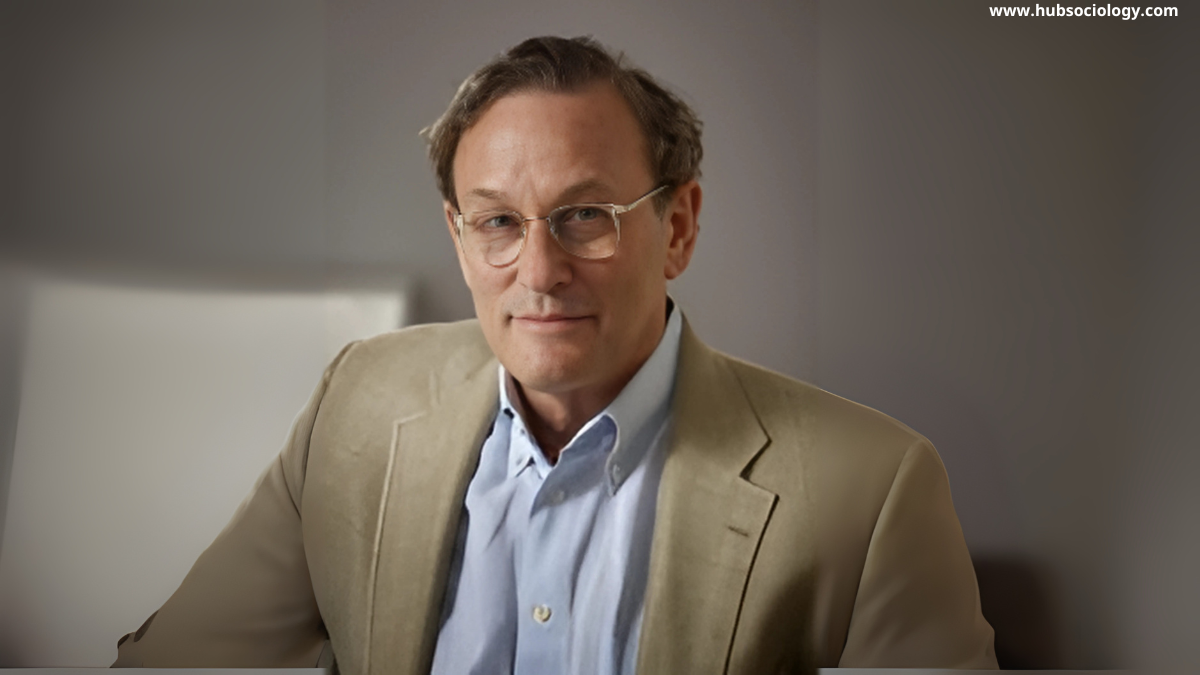Functionalist Perspective of Education: Durkheim and Parsons
Introduction on Functionalist Perspective of Education Education is one of the most vital social institutions that shapes individuals and sustains social order. From a sociological perspective, education is not only a means to acquire knowledge but also a mechanism through which societies transmit culture, values, and norms across generations. Among the classical and modern sociologists, … Read more



